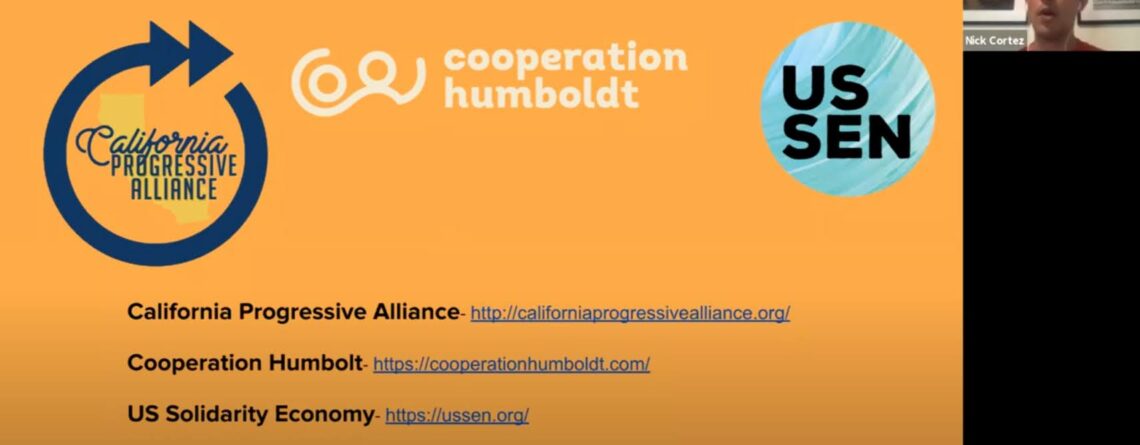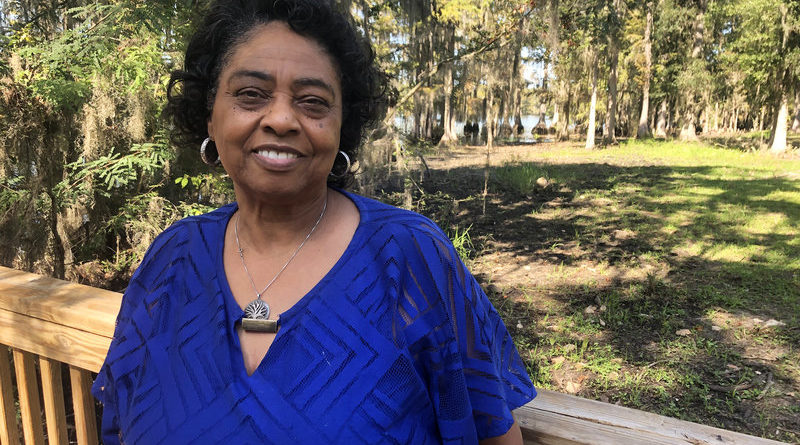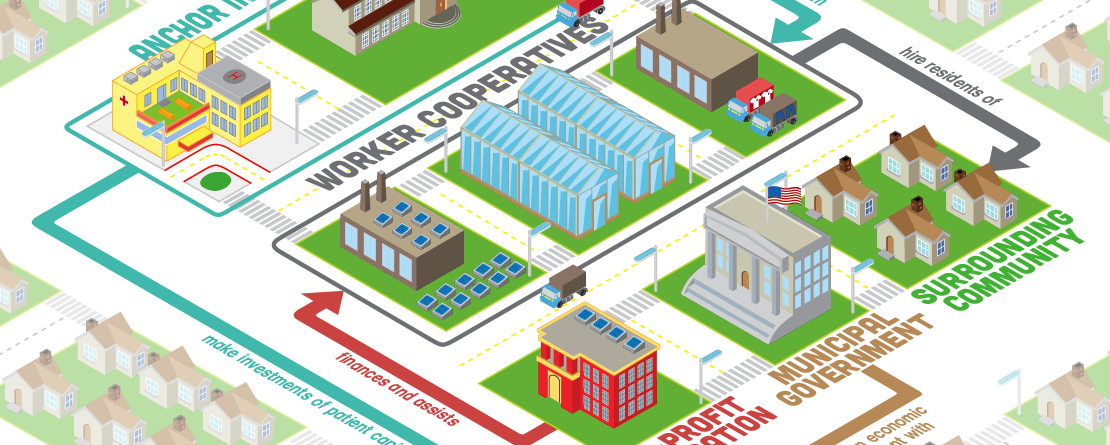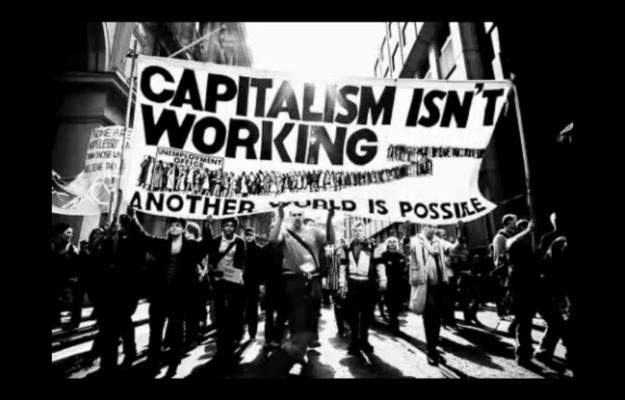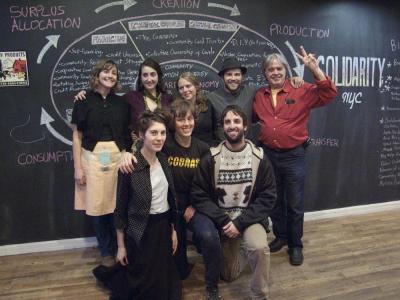19Aug
08Jul
System Change: A Basic Primer to the Solidarity Economy
by Emily Kawano and Julie MatthaeiOriginally published on Nonprofit QuarterlyThe COVID-19 pandemic has upended our world. It has laid bare the inequity, the limits, and the failures of capitalism. The door to a better future beyond capitalism, already cracked open by the Great Recession, has...
07Nov
California Is Burning—Nationalize PG&E
California’s utility, PG&E, has put profits over public safety for too long. The company belongs in the hands of the people.
05Nov
Community Land Trust Movement Imagines Its Future
The gathering, designed to commemorate the founding of the nation’s first community land trust 50 years ago, was held earlier this month at Resora, a 1,638-acre farm (a little over two-and-half square miles of land) located about seven miles from Albany, Georgia—a farm that New...
30Oct
California Just Legalized Public Banks. What’s next?
The new law promises to take taxpayer money back from Wall Street and reinvest it in communities.
28Oct
When a Steady Paycheck Is Good Medicine
American medical providers that collectively spend $50 billion per year are channeling work to local businesses and residents.
10Oct
Crisis After Crisis: There’s No ‘Reforming’ Global Capitalism
The real battle is now between two post-globalization camps: democratic socialists… and fascists. By Walden Bello via Portside It is now clear that financial crises are not discrete events but are linked phenomena that have been unleashed on the globe ever since the financial markets were liberalized...
08Oct
Argentine co-op movement develops free app for solidarity economy
Under the motto 'connecting solidarity', it allows people to search for co-op providers of goods and services By Anca Voinea via The News.coop Co-ops in Argentina can now connect with customers and other social and solidarity economy businesses through a free app. ESSApp, developed by open software co-operative GCOOP,...
20Aug
Little Free Pantries – Beyond Charity, to Food as a Right
Tamara McFarland, Cooperation Humboldt Along the rugged coastline of far-Northern California, activists have launched a program to tangibly demonstrate their commitment to food justice and neighborhood building. This local Little Free Pantry initiative is a project of Cooperation Humboldt, a nonprofit committed to creating a...
08Aug

